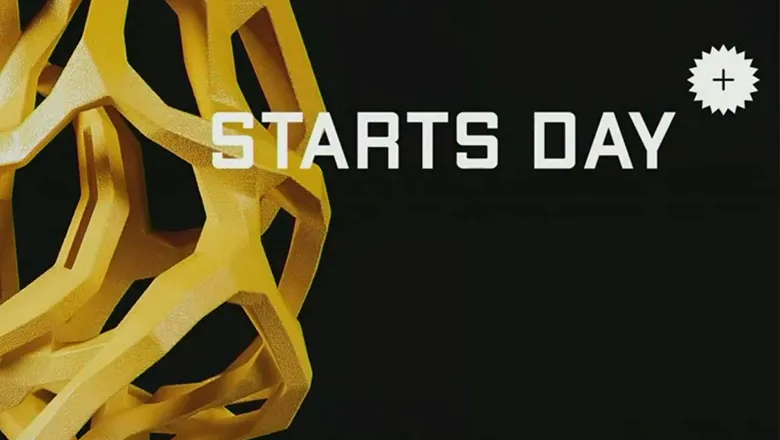21 October 2021
MediaFutures host panel at Ars Electronica on Creating with Data: From Arts to Entrepreneurship
Data in the arts

Data has changed our lives in more than one way, from how we socialise online and run businesses to how we access public services and do science. It has been called the “raw material” of the digital age, fuelling creativity and innovation. And yet, its use has also raised challenges, including privacy, online polarisation, and digital inequality.
In their session at this years' Ars Electronica Festival, MediaFutures Technical Lead Professor Elena Simperl discussed some of these tensions with artists and entrepreneurs. Artists have long used data to create new work, sometimes commenting on some of these challenges; businesses have valued the way it can inform decisions, despite concerns that it tends to promote incremental rather than disruptive innovation.
Dr Julie Freeman (@joz_freeman), founder of the Open Data Institute's Data for Culture programme, discussed data as an art material, showcasing her use of real-time data for artwork, and reflections on all the ways in which data is both a critical material for art, but also requires critical assessment in this use.
Hugo, a member of the Obvious Collective who created the 'Evil Magic Mirror' project within MediaFutures, discussed how the team showcase the use of machine learning for artistic creation. They see AI as a tool to support artistic creation, similar to how cameras were once seen as an exclusive technology, where now photography is a valid art form in itself.
David De Roure, researcher at Oxford University, spoke on his experience with music and AI, and asks "Can you hear algorithmic bias?" In his view, AI is a collaborator in music composition, and human artists can use it to co-create with.
Mariana Lanari from MediaFutures' project 'Archival Consciousness' presented her work with libraries, where she frames books and reading as technologies to support understanding, even though they may not - yet - be digitally accessible.
Helene Guillaume is the founder and CEO of wild.ai, a platform that researches the female body, and helps women to train in sync with their bodies. Coming from an artistic family, their goal was to create new sets of data to enable these activities - a challenge posed by the lack of research into the female body to date.
Finally, the panel discussed David's question on the audibility of bias, to which Julia pointed out that human ears are incredibly sensitive to discordance - so technically the answer should be "yes".
You can watch the whole session here:
https://www.youtube.com/watch?v=Llfv7fJK6Ms&t=8525s

